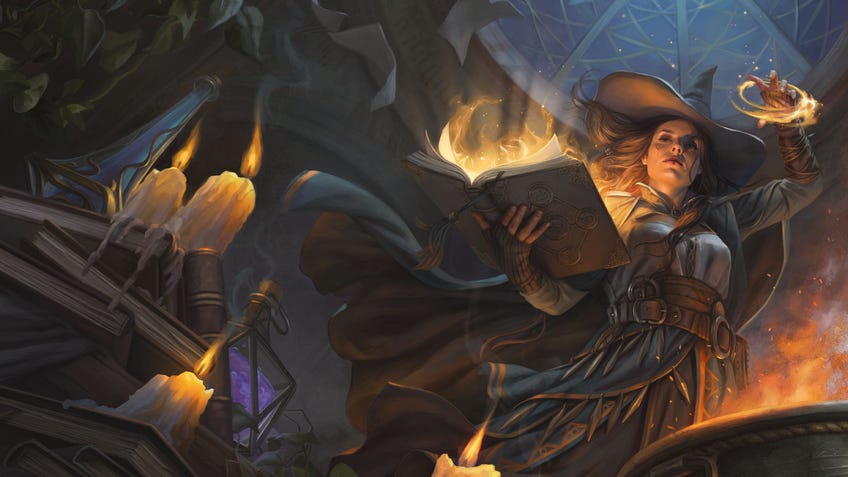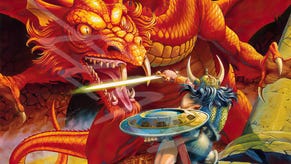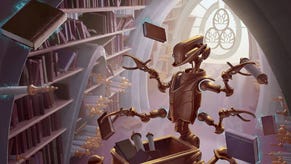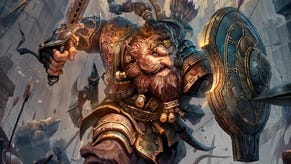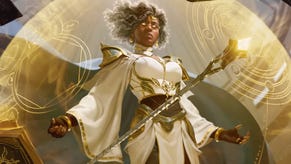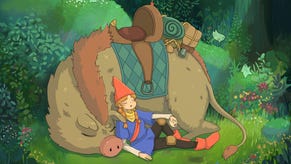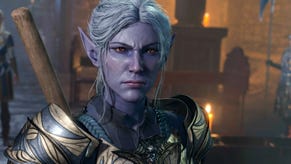D&D’s latest OGL playtest releases core rules to Creative Commons but deauthorizes past version
The first official pass at D&D’s legal future will still likely upset some fans
D&D’s creators released their previously promised first draft for the tabletop game’s updated Open Gaming Licence, and it’s a far cry from the document leaked two weeks ago. The popular tabletop game’s rules will now exist as part of a Creative Commons licence, but the older OGL 1.0a will still need to be deauthorised, according to publisher Wizards of the Coast.
Executive producer Kyle Brink explained via a blog on the D&D Beyond site that this initial version contained two major additions: the core rules composing D&D’s mechanic foundation will be moved to the Creative Commons licence, effectively removing the company’s control over how they are used; and OGL 1.2 (hopefully not the final name) will dictate how creators use non-rules material from System Reference Document 5.1. Specifically, it will use a CC BY 4.0 licence that only requires attribution.
In practice, that means concepts such as monster stat blocks, saving throws and what exactly counts as partial cover no longer require any legal capitulation on the part of third-party tabletop creators. Wizards of the Coast still retains the right to all those proper nouns - Cleric, Owlbear Magic Missile, etc. The Creative Commons Licence is maintained by a U.S. nonprofit dedicated to maintaining legal freedom to use creative works.
Other features confirmed dropped from OGL 1.2 and all versions going forward include financial reporting by any creator, regardless of size, no licence-back, and no more commercial and non-commercial distinctions. One feature conspicuously sticking around is the pesky deauthorisation of OGL 1.0a - the existing licence - that many outraged fans and publishers view as a hard line. Brink claims removing the ability to publish under the current licence is a necessary and perhaps non-negotiable move.
“One key reason why we have to deauthorize: We can't use the protective options in 1.2 if someone can just choose to publish harmful, discriminatory, or illegal content under 1.0a. And again, any content you have already published under OGL 1.0a will still always be licensed under OGL 1.0a.” he wrote.
We’ve seen Wizards of the Coast lean on this altruistic goal of erecting stronger protections against harmful tabletop material - overt racism and bigotry, NFTs - being printed with their ostensible legal blessing. It’s unfortunate, then, that their proffered draft deploys fairly vague language that leaves the ultimate decision of what is “harmful” or “obscene”.
Section 6(f) of the document reads, “You will not include content in Your Licensed Works that is harmful, discriminatory, illegal, obscene, or harassing, or engage in conduct that is harmful, discriminatory, illegal, obscene, or harassing. We have the sole right to decide what conduct or content is hateful, and you covenant that you will not contest any such determination via any suit or other legal action.”
Historically, such language has often provided an easy level by which marginalised groups are punished or pushed out with no legal recourse. We can only hope that Wizards of the Coast will not abuse this unilateral power. Dicebreaker has reached out to the publisher for more information on this clause and its potential enforcement.
Another troubling inclusion is the Virtual Tabletop Policy, a one-page document outlining how this draft will affect players and VTT platforms. Content permitted under this policy includes: using VTTs to replicate the experience of sitting around a table playing D&D.” It does not include animations or anything that might make the experience “more like a video game.” What does the animation for Magic Missile look like? I don’t know, but Wizards won’t allow it in VTTs.
This is an admittedly blurry definition rife with ambiguity. In fact, most of this document reads like someone cranking a ‘legal control dial’ and turning to the audience for a reaction. The first subhead reads “Why does Wizards need a VTT policy?” and the following paragraphs do not provide an inspiring answer. The publisher ultimately punts the responsibility of explaining their actions to survey respondents, like asking frogs in a pot to tell them when the water gets unbearably hot.
The full text of the six-page document can be found here. Feedback surveys will be available sometime on January 21st and remain open through February 3rd. Brink said to expect another draft and breakdown of the community’s feedback on February 17th.
